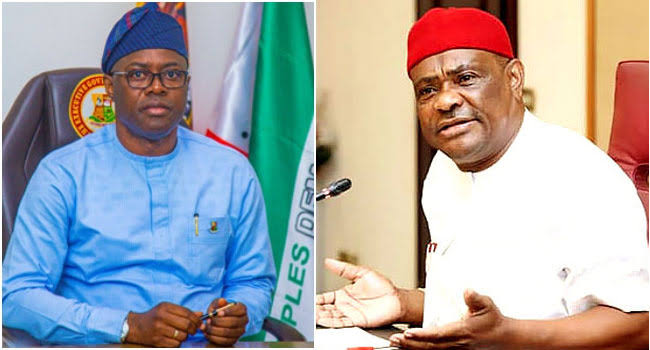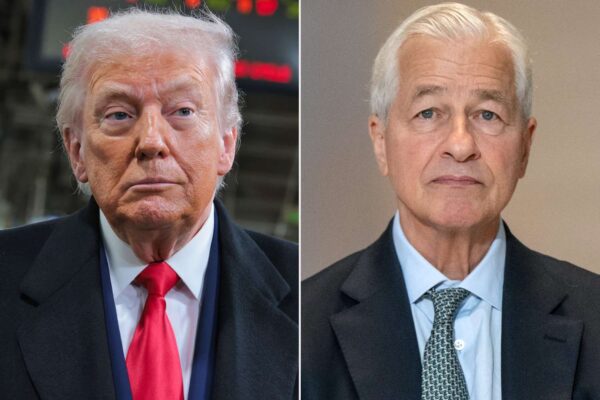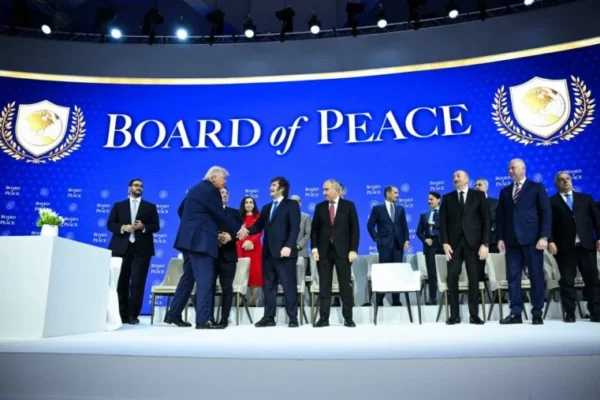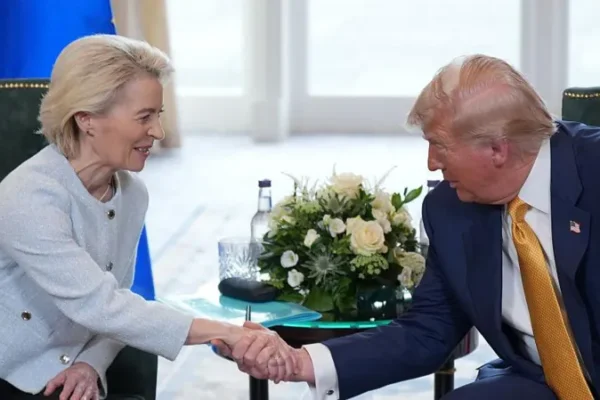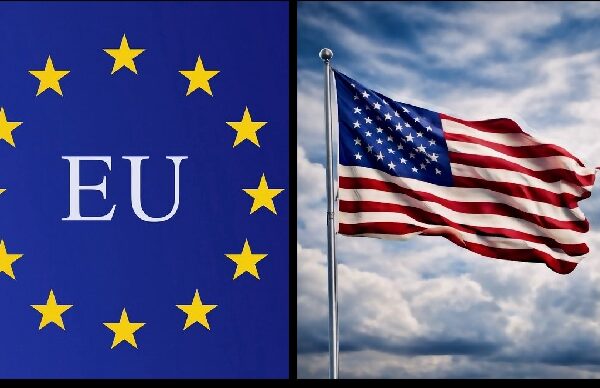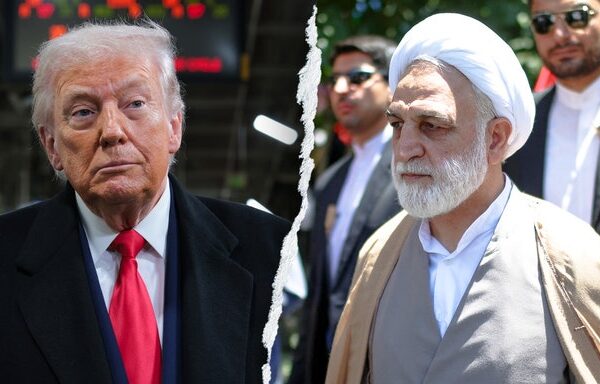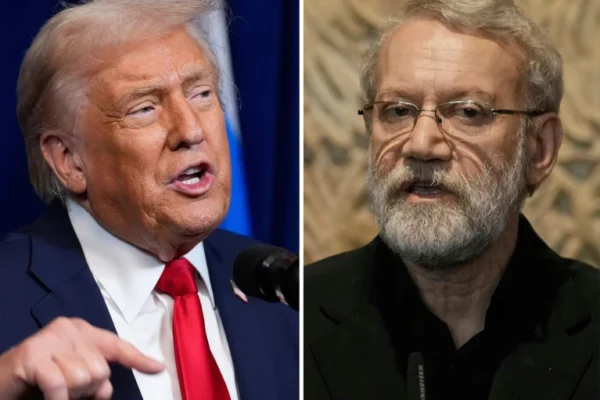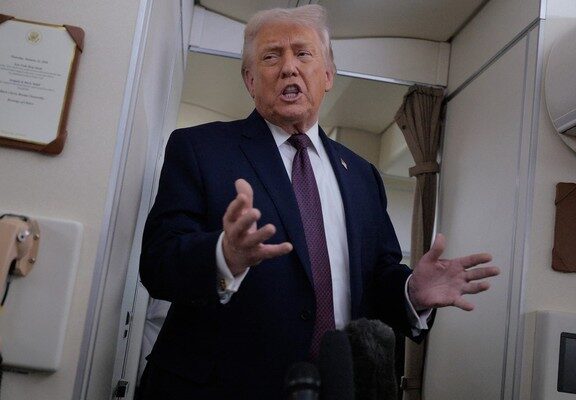
Trump Announces U.S. Naval Armada Moving Toward Middle East Amid Deadly Iran Protests
President Donald Trump has once again threatened military action against Iran’s top leadership amid a brutal crackdown on nationwide protests. On Thursday, he revealed that a U.S. naval flotilla is being deployed to the Middle East. “We have a big flotilla going in that direction and we’ll see what happens,” Trump told reporters aboard Air Force One while returning from Davos, Switzerland. “I’d rather not see anything happen, but we’re watching them very closely.” The warning follows a previous incident in which Trump had stepped back from plans to strike Iran, citing assurances that the country would not proceed with planned executions of hundreds of protesters. Tehran has warned the U.S. and Israel—whose forces carried out attacks on Iranian nuclear facilities last year—against any interference in the unrest. Contrary to earlier claims that executions had been halted, human-rights organizations report a rising death toll. The U.S.-based Human Rights Activist News Agency has confirmed 5,002 deaths since the protests began in late December, with nearly 10,000 more cases under review and over 26,000 arrests recorded. Mai Sato, the UN special rapporteur on human rights in Iran, said the civilian death toll could reach 20,000, according to reports from doctors in the country, though the number has not been officially verified by the UN. The protests, the largest challenge to Iran’s ruling regime in decades, began in Tehran after a currency collapse and quickly spread nationwide, with demonstrators calling for an end to Supreme Leader Ayatollah Ali Khamenei’s leadership. The situation continues to draw global attention as governments and rights groups monitor the escalating violence.

